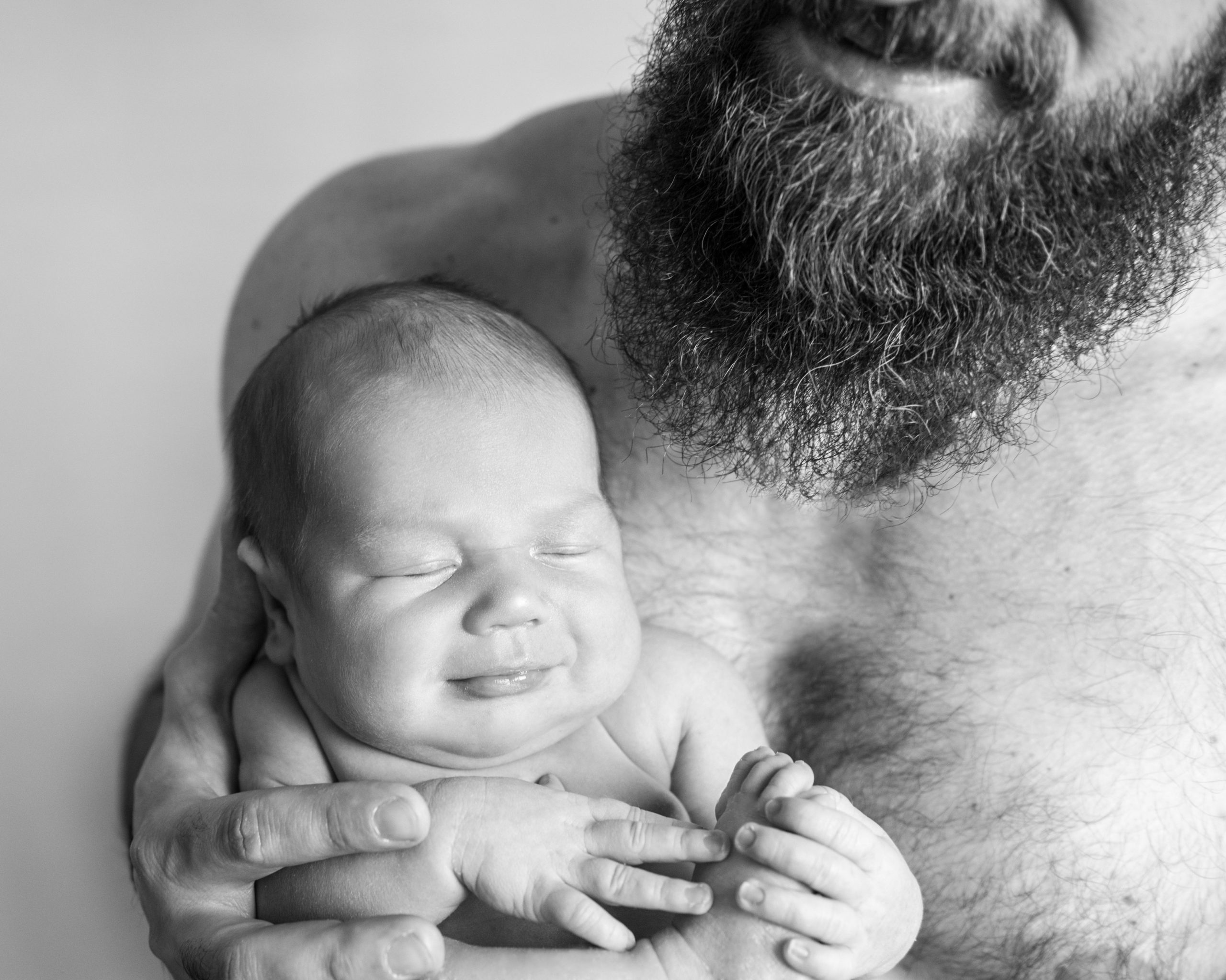My body image issues started early, back in Canada. As a kid, I enjoyed a steady diet of bacon and eggs, pizza, fast food and canned pop. Well, it was the 1990s, and processed foods were the standard in most homes. At least they were where I grew up, in eastern Canada.
During the week, my mom would cook bacon and eggs for breakfast, every morning. School lunches were fizzy drinks and pizza almost every day except Fridays, when Mom would deliver McDonald’s to my sister and me at school.
My sister and I were pretty happy with that eating arrangement. My friends would come over after school to play and they’d be amazed at all the junk we were able to eat: fruit roll-ups, chips, cookies. There was no shortage of food-like edibles to choose from.
As a result of that kind of lifestyle, though, I was chubbier than most kids my age or at least compared to the scrawny kids I grew up with.
When I entered junior high school I became heavily involved in organized sports and my body image started to really suffer. While I was a pretty decent athlete and made friends easily, the camaraderie was not always easy for me. My peers would often tease me about having “man boobs” and make harsh comments regarding my physical appearance. To avoid ridicule I would rush to the boys’ locker room ahead of the others, hoping to save myself from embarrassment. And instead of using different scrimmage vests, our coach would assign one team to be “skins,” which meant we’d have to take our shirts off while the other side kept theirs on. I remember going shirtless at many practices, feeling uncomfortable in my own skin, yet too afraid to speak up.
On June 28, 2019, my wife gave birth to our beautiful daughter Gabriella. I will never forget the experience, which was nothing short of miraculous to me. Moments after my daughter was born, my wife asked if I was ready for skin-to-skin contact. While I had been anticipating the moment and was excited about it, all my old insecurities suddenly emerged. It was as though time had stood still. My mind began to race and I was filled with doubt again. How would I look with my shirt off? What would the nurses, midwife and doctors think? Furthermore, I had just experienced one of the most beautiful moments of my life so why was I even having these thoughts?
Those in the delivery room wouldn’t have noticed a thing. My shirt was off within seconds and I placed my daughter on my chest for the very first time – a moment of total euphoria. A few days after leaving the hospital, I told my wife how I had felt just before. Sharing this experience was incredibly liberating and made me recognize how hurtful words can be, especially, when you are young and still developing.
When I was a kid, there was a saying: “Sticks and stones may break my bones, but names will never hurt me.” I disagree. Names do hurt. Things that happen when you are a kid – or at any stage of life, for that matter – stay with you. They affect you in profound ways and can prevent you from truly living your best life.
In recent years we have seen major brands such as Dove and Old Navy roll out advertising campaigns aimed at female body positivity. The campaigns are designed to help women learn to be appreciative of their bodies, regardless of how they compare to media standards. While much has been done in the way of female body positivity, both in the mainstream and in a growing movement on social media, men also fight a similar battle with body image.
The media tells men that they should be lean, strong, muscular, tough – and, of course, confident. Toxic masculinity can be found just about everywhere: in magazines, movies, on Facebook, Instagram, Youtube and of course locker rooms. Such toxic messaging and bullying can promote dissatisfaction and even shame over one’s body.
The stereotype says that only women and girls suffer from eating disorders. But according to the American National Eating Disorders Association “one in three people suffering with an eating disorder is male. Furthermore, if you consider subclinical fasting [to be] disordered behavior (including binge eating, purging, laxative abuse and fasting for weight loss), they are nearly as common among men as they are among women.”
Men are often taught to keep emotional traumas contained within themselves. They learn that talking about emotions is perceived to be “unmanly.” Consequently, many men seek female allies. In my case, it was a lot easier to confide in my wife, and I am so glad I did.
So I encourage you men to speak up, show that you’re vulnerable and seek help. We are all going through something, so we might as well go through it together.






